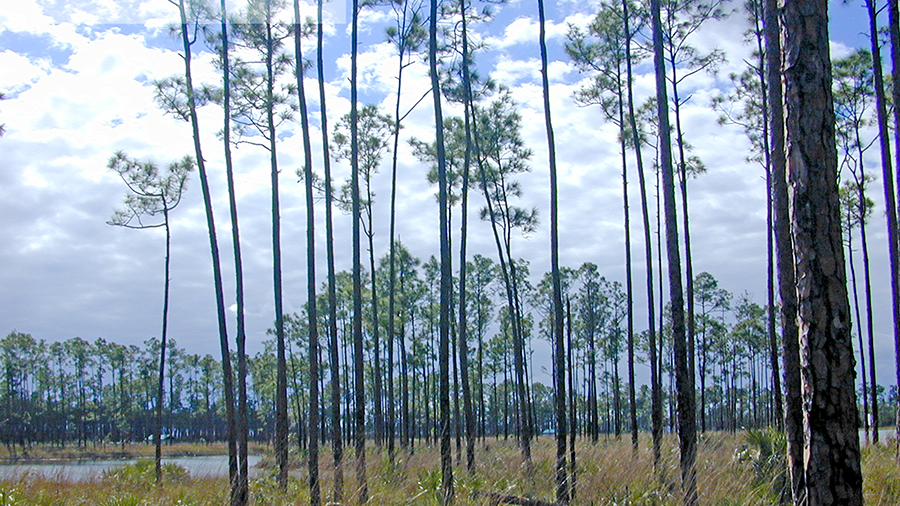Downscaling Synthesis Report Released: Evaluation and Use for Ecological Applications

Several SE Climate Science Center affiliated researchers, Adrienne Wooten, Kara Smith, Ryan Boyles and Adam Terando, among others, published the synthesis report today via USGS Open File Report. This report is a product emanating from the project: Synthesis of climate model downscaling products for the southeastern United States.
Introduction
Climate change is likely to have many effects on natural ecosystems in the Southeast U.S. The National Climate Assessment Southeast Technical Report (SETR) indicates that natural ecosystems in the Southeast are likely to be affected by warming temperatures, ocean acidification, sea-level rise, and changes in rainfall and evapotranspiration. To better assess these how climate changes could affect multiple sectors, including ecosystems, climatologists have created several downscaled climate projections (or downscaled datasets) that contain information from the global climate models (GCMs) translated to regional or local scales. The process of creating these downscaled datasets, known as downscaling, can be carried out using a broad range of statistical or numerical modeling techniques. The rapid proliferation of techniques that can be used for downscaling and the number of downscaled datasets produced in recent years present many challenges for scientists and decisionmakers in assessing the impact or vulnerability of a given species or ecosystem to climate change. Given the number of available downscaled datasets, how do these model outputs compare to each other? Which variables are available, and are certain downscaled datasets more appropriate for assessing vulnerability of a particular species? Given the desire to use these datasets for impact and vulnerability assessments and the lack of comparison between these datasets, the goal of this report is to synthesize the information available in these downscaled datasets and provide guidance to scientists and natural resource managers with specific interests in ecological modeling and conservation planning related to climate change in the Southeast U.S. This report enables the Southeast Climate Science Center (SECSC) to address an important strategic goal of providing scientific information and guidance that will enable resource managers and other participants in Landscape Conservation Cooperatives to make science-based climate change adaptation decisions.
Find the USGS Open File Report here.
- Categories: